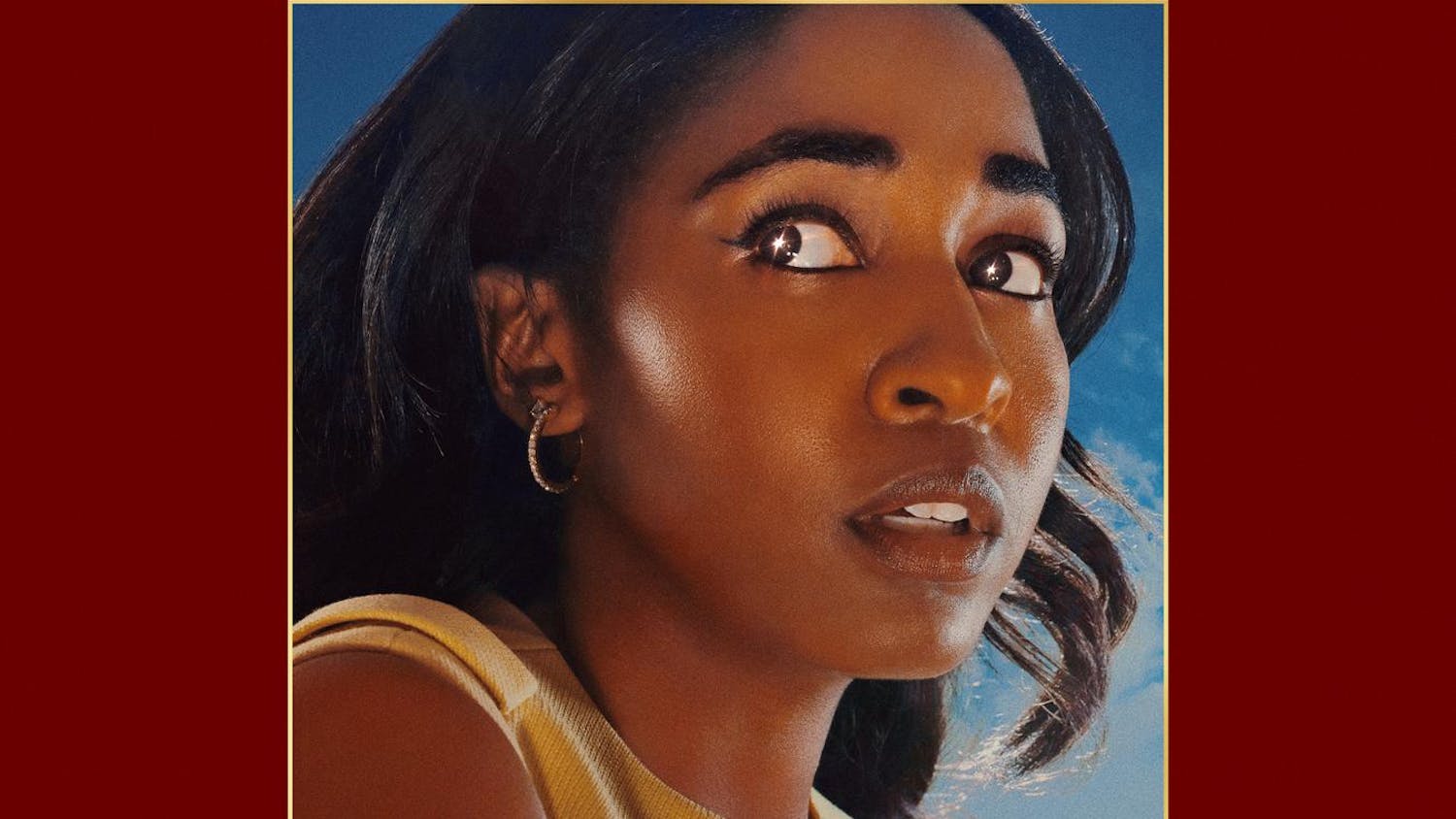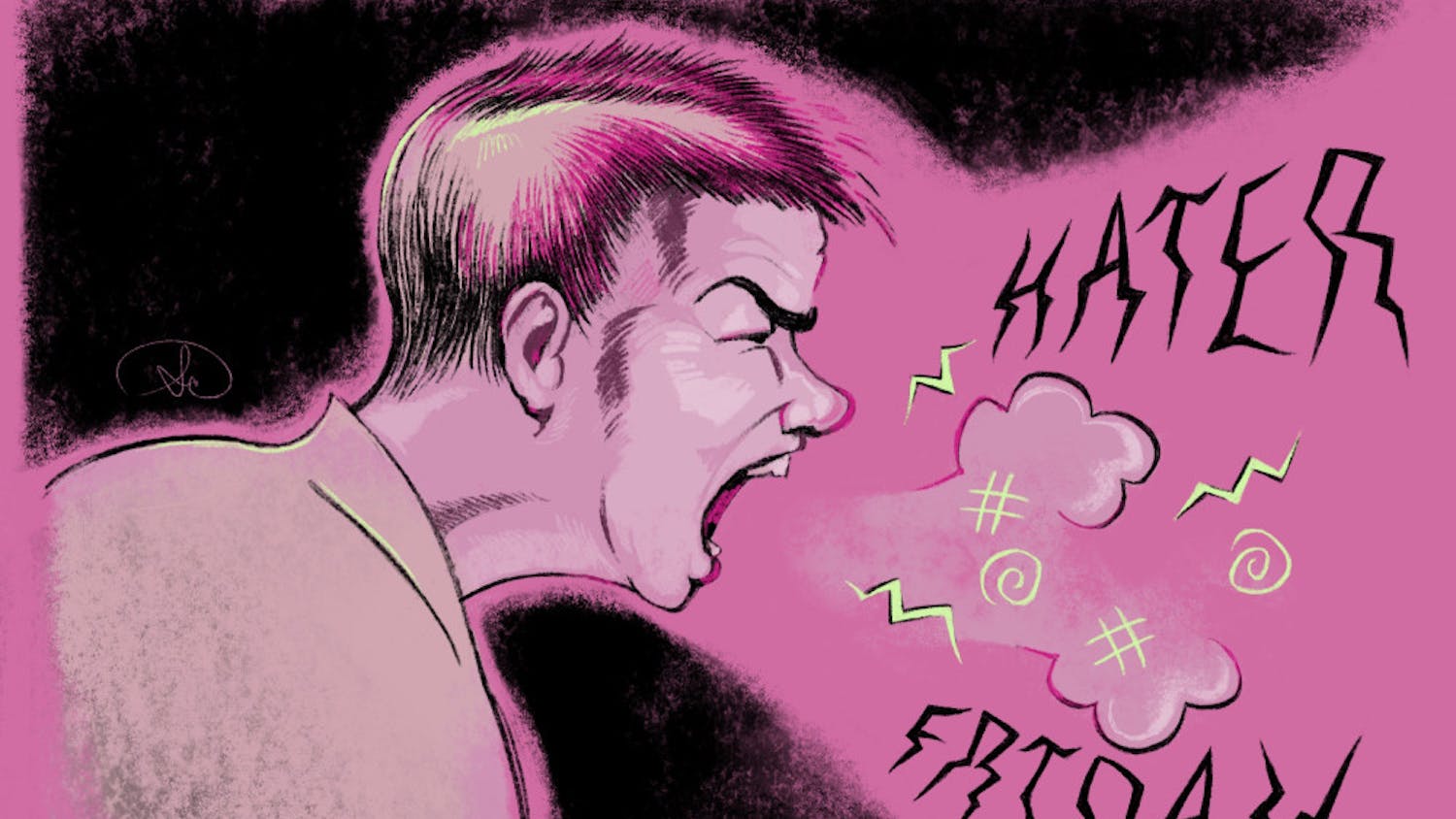The 2025 awards season culminated in an Academy Awards ceremony rife with change. Award recognition of movies such as Dune: Part Two and Emilia Perez marked a shift into the favorability of big budget features. Additionally, the Best Actress win of newcomer Mikey Madison deviated from the Academy’s trend of honoring seasoned careers. However, the conversation underlying the ceremony this year and opening up larger questions about the future of artistic integrity was that of the numerous uses of artificial intelligence within the awarded films this year. 4 out of 10 Best Picture nominees disclosed AI usage in their production, and were additionally nominated for categories that AI played an integral part in. The Academy has made its introduction into an increasing number of honorary institutions that must rethink their ethical guidelines and question if non-human work can be considered something to be celebrated.
This season, acclaimed films were no strangers to using AI in their production. The Brutalist, Dune: Part Two, A Complete Unknown and Emilia Pérez were all Best Picture frontrunners that disclosed the use of AI for their visual effects. Much of the scrutinized work was done on bodily modification, such as aging and face replacement. The production team behind A Complete Unknown had to address criticism of their use of AI tools, claiming that only one scene was actively assisted. However, despite controversy encouraging filmmakers to address their usage, the awards scene seems not to mind. Dune: Part Two took home the Oscar for visual effects, and Alien: Romulus, another film with AI in their process, was recognized for the award as well. The Brutalist took home the award for cinematography, with additional AI films Dune Part Two, Emilia Pérez and Maria being recognized. This conversation around using machine learning for special effects revolves around the question of how much of a help this technology brings. For some, using AI is simply an implementation of a new tool, an innovation in the film industry that should be celebrated. Others see the use of AI as non-human work replacing human skill, and thus something that should not be rewarded.
While most of the conversation has revolved around special effects fields, a new development of AI work has made the conversation spill over into other fields. Adrien Brody, who took home the award for Best Actor, as well as Felicity Jones, who was nominated for Best Supporting Actress, had their voices digitally modified by AI to adjust their Hungarian dialects. The two play Hungarian refugees, and much of their scenes together are spoken exclusively in Hungarian, as to isolate the characters in their new, American environment. The software, called Respeecher, is most often used to clone voices, but was implemented here to change vowels and sounds for accuracy. This use of AI erupted anger, as people considered it to be an influence on the actors’ performances, disqualifying them from acting awards consideration. In a statement released to Variety, director Brady Corbet stated that “Adrien and Felicity’s performances are completely their own,” following with “the aim was to preserve the authenticity of Adrien and Felicity’s performances in another language, not to replace or alter them and done with the utmost respect for the craft.” Interestingly enough, the same Respeecher software was used for modification of the Spanish dialect on Emilia Pérez, another Best Picture nominee. Much of the backlash surrounding AI use falls under a worry of a shrinking labor force in film and TV. This awards season follows closely after the SAG-AFTRA strike in 2023, which erupted largely due to the implementation of AI in industry jobs. If a person’s performance can be assisted by AI, who’s to say that the use of the tool won’t accelerate into a job replacement?
The coexistence of human and non-human work is a reality that induces anxiety, for it introduces an entirely new method of understanding industry and worker’s rights. For AI software and the use of it to be implemented properly, our guidelines on credit and labor must be revised thoroughly. For an institution to accept AI, they must build their awards recognition and judging guidelines around this new development. While software has been used to improve film for decades, AI has a reputation of dishonesty that has crept into the ideas and work of almost every single skill. This Oscars ceremony marks one of the first times that AI must be negotiated with in film, but they are one of many industries that must work around this new idea, or let it consume them.
Caroline Murphy is a freshman in the College of Arts and Sciences. She can be reached at cqm8@cornell.edu.











